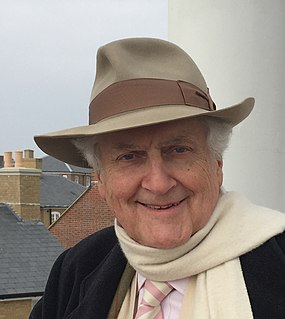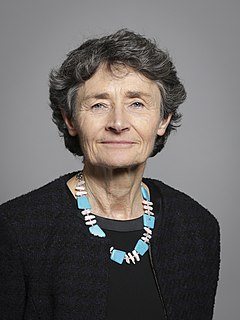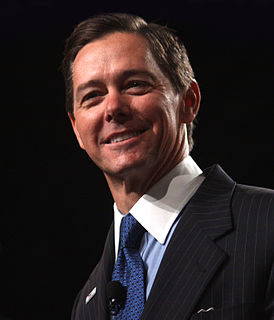A Quote by Daniel Webster
Let us hold fast the great truth, that communities are responsible, as well as individuals; that no government is respectable which is not just. Without unspotted purity of public faith, without sacred public principle, fidelity, and honor, no machinery of laws, can give dignity to political society.
Related Quotes
You have to almost apologize for saying, please enforce the laws. The laws, that they're [government] receiving good federal dollars to be able to ensure for public safety, which is incumbent upon them to secure on the streets in every city and state across this country. And instead government allows individuals who are a risk, who are a threat, to come back in the country, routinely, regularly without any kind of checks and balances.
But the most deplorable effect of all, is that diminution of attachment and reverence, which steals into the hearts of the people, towards a political system which betrays so many marks of infirmity, and disappoints so many of their flattering hopes. No government, any more than an individual, will long be respected, without being truly respectable; nor be truly respectable, without possessing a certain portion of order and stability.
Conscience is the most sacred of all property; other property depending in part on positive law, the exercise of that being a natural and unalienable right. To guard a man's house as his castle, to pay public and enforce private debts with the most exact faith, can give no title to invade a man's conscience, which is more sacred than his castle, or to withhold from it that debt of protection for which the public faith is pledged by the very nature and original conditions of the social pact.
All buildings, large or small, public or private, have a public face, a facade; they therefore, without exception, have a positive or negative effect on the quality of the public realm, enriching or impoverishing it in a lasting and radical manner. The architecture of the city and public space is a matter of common concern to the same degree as laws and language—they are the foundation of civility and civilisation.
There is not a more important and fundamental principle in legislation, than that the ways and means ought always to face the public engagements; that our appropriations should ever go hand in hand with our promises. To say that the United States should be answerable for twenty-five millions of dollars without knowing whether the ways and means can be provided, and without knowing whether those who are to succeed us will think with us on the subject, would be rash and unjustifiable. Sir, in my opinion, it would be hazarding the public faith in a manner contrary to every idea of prudence.
As the people of the United States enjoy the great merit of having established a system of Government on the basis of human rights, and of giving it a form without example, which, as they believe, unites the greatest national strength with the best security for public order and individual liberty, they owe to themselves, to their posterity and to the world, a preservation of the system in its purity, its symmetry, and its authenticity.
With each passing year, people of faith grow increasingly distressed by the hostility of public institutions toward religious expression. We have witnessed the steady erosion of the time-honored rights of religious Americans - both as individuals and as communities - to practice what they believe in the public square.
I look upon parliamentary government as the noblest government in the world, and certainly one most suited to England. But without the discipline of political connection, animated by the principle of private honor, I feel certain that a popular assembly would sink before the power or the corruption of a minister.







































